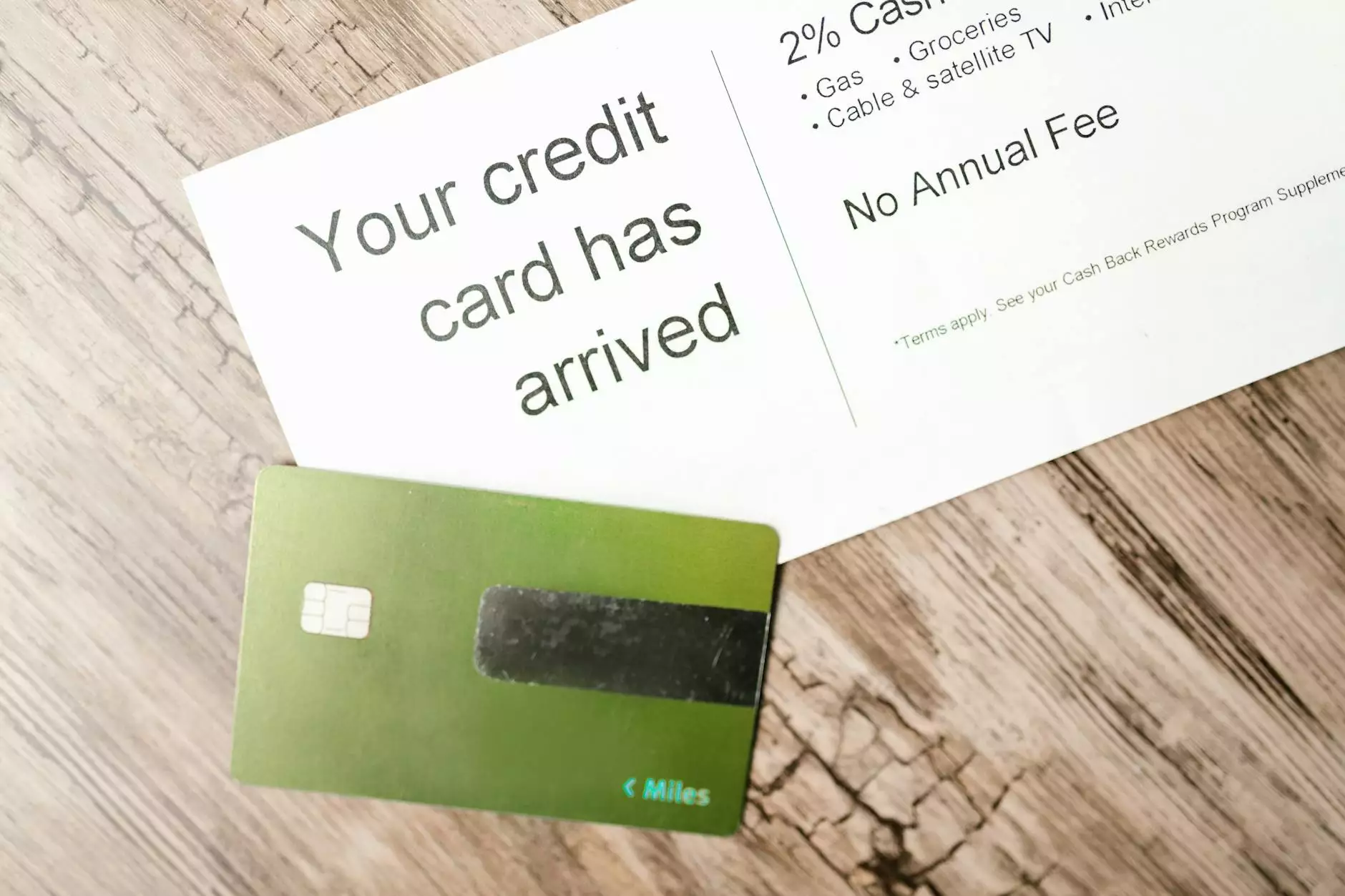Credit Card Debt and Divorce: Who's Responsible for What?

Welcome to Social Service of America's blog post on credit card debt and divorce! In this comprehensive guide, we will address the intricacies of how credit card debt gets split up when couples decide to end their marriage. Divorce is never an easy process, and financial matters can often be challenging to navigate. Understanding who is responsible for what when it comes to credit card debt is crucial in ensuring a fair division of assets and liabilities.
The Complexity of Credit Card Debt in Divorce
Credit card debt is one of the common financial obligations that couples must address during divorce proceedings. When spouses acquire joint credit card debt, untangling the financial aspects can become complex. In some cases, both parties may have their names on the credit card account, while in others, only one spouse may be the primary account holder.
It's important to note that while divorce settlements determine the division of assets and liabilities, credit card companies are not bound by these agreements. Regardless of any court orders, if both spouses' names are on a credit card account, both parties are legally responsible for the debt until it is paid off in full. This means that even if one spouse is assigned the debt in the divorce settlement, the credit card company can still pursue the other party for payment if the responsible spouse fails to meet their obligations.
Understanding Joint and Individual Credit Card Debt
Before delving into how credit card debt is split up in divorce, let's clarify the distinction between joint and individual credit card debt:
Joint Credit Card Debt
Joint credit card debt refers to debts incurred by both spouses during the marriage. This can include charges made on jointly held credit cards or authorized user cards. In most cases, both parties are equally responsible for joint debts, regardless of who made the purchases.
Individual Credit Card Debt
Individual credit card debt, on the other hand, refers to debts that are solely in one spouse's name. If only one spouse is the account holder, they are solely responsible for the associated debt. However, it's worth noting that in community property states, such as [state], individual credit card debt acquired during the marriage may still be considered shared marital debt.
How is Credit Card Debt Divided in Divorce?
When it comes to determining the division of credit card debt, several factors come into play, including state laws, the court's discretion, and the specific circumstances of the divorce. Typically, the division follows these general guidelines:
Identifying Joint and Individual Debt
First, both parties need to identify all joint and individual credit card debts. This involves gathering credit card statements, reviewing the account details, and determining the total outstanding balances.
Negotiation and Mediation
Next, couples are encouraged to negotiate and reach a fair agreement regarding the division of credit card debt. Couples can engage in mediation to make the process smoother and less contentious. During mediation, a neutral third party helps facilitate discussions and assists in finding mutually agreeable solutions.
Court Determination
If couples cannot agree on how to divide credit card debt, the court will step in and make a determination. The court will consider various factors, including each party's income, earning potential, financial contributions during the marriage, and any prenuptial or postnuptial agreements. The ultimate goal is to create an equitable distribution of debt.
The Importance of Seeking Legal Advice
Given the complexity of credit card debt and divorce, it is crucial to seek professional legal advice. An experienced family law attorney can provide guidance tailored to your specific situation, ensuring that your rights and interests are protected. They can help you understand the laws in your state, negotiate on your behalf, and represent you in court if necessary. Remember, professional guidance goes a long way in achieving a fair resolution.
Conclusion
In conclusion, credit card debt in divorce is a multifaceted issue that requires careful consideration. While divorce settlements may assign responsibility for the debt, credit card companies are not bound by these agreements, and both parties may still be held liable. Understanding the distinction between joint and individual debt is essential, as it plays a significant role in determining the division of liabilities. Remember, seeking legal advice from a qualified professional is crucial during this process to protect your rights and ensure a fair resolution.










